Narcissistic mothers and their joy of fat-shaming
How a mother's words can shape self-image and self-worth.
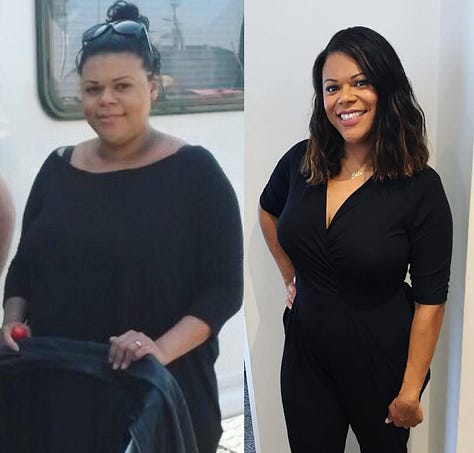

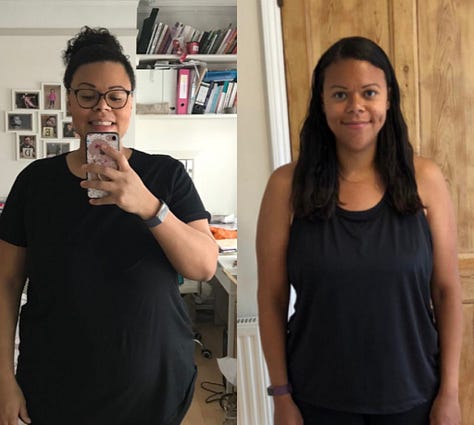
From as far back as I can remember, my body was a problem. My mother would comment on my weight almost daily, constantly reminding me that I was fat and needed to diet - despite the simultaneous encouragement to eat. A lot.
Fat Thighs
When I was around nine, I injured my knee during an after-school gym class. Mid-cartwheel I fell to the ground in excruciating pain, with my knee feeling as though it was locked in the wrong position. My mum was called and told to take me to a walk-in centre straight away. I could barely stand, let along walk.
After an X-ray, they told us the pain was caused by Osgood-Schlatter’s disease - a condition linked to growth and strain on the knee. I left with crutches, but before those details came in, I endured both the doctor and my mum ridiculing my body.
Body shaming
As I awkwardly sat on the examination bed in my blue leotard, the doctor’s hands under my knee, he and my mum exchanged a look and burst out laughing.
They joked that my “fat thighs” weren’t helping the injury and might even have caused it. My mum slapped my leg playfully before gripping and jiggling my flesh.
It was mortifying. They laughed at my body as if I wasn’t in the same room. “Big, Black thighs,” my mum said over and over again, laughing hysterically at her own joke and at my expense.
Later in the car, she must have noticed my sadness - a rarity for her to acknowledge. I told her how upset I was by their comments and how embarrassed I felt being laughed at while I was in pain.
“You’re too sensitive,” she said, before laughing again and repeating the words again: “Big. Black. Gal.”
Growing up in the age of skinny
Moments like these accumulated. I quickly learnt to hate my body, wishing I could hide every single part of it.
At my mum’s encouragement - a pattern that continued into adulthood - I tried what she suggested to lose weight. During childhood, it was predominately Rosemary Conley workout tapes and SlimFast. For a time, I even replaced school lunches with a weight loss shake - in secret from my friends, but with my mum’s blessing.
When I did lose weight, she would punish me in her own way - because she hadn’t. I couldn’t win. The goalposts always shifted.
Gaslighting
I didn’t have the language back then to call it gaslighting, but that’s what it was - being told I was imagining the constant criticism. I was made to feel like I was the problem, even when the problem was clearly the way I was being treated.
The Diet Trap
My mother may have planted the seeds that grew into a disordered relationship with my body and food, but she’s not the only one who encouraged that behaviour to grow. During the 90’s and early 2000s, my formative years, being ‘skinny’ was the ultimate achievement. Self-worth was tied to your dress size and the number on the scales.
Comfort eating
My weight has yo-yoed for years. Just when I feel like I’ve found my rhythm, something knocks me - grief, stress, overwhelm - and I reach for the one thing that’s always felt soothing and safe: food.
What starts as a little comfort can easily spiral into a binge, followed by months of unhealthy habits and guilt. Then comes the dreaded step onto the scales, aka the “sad step”, only to realise how far I’ve drifted. The cycle then begins again: restriction, crash diets and shame.
A shame that is exacerbated now that I’m a mum myself. I’d hate for my own daughters to ever feel this way about themselves. I pray they haven’t noticed my periods of disordered eating. I do my best to encourage them to have a positive, healthy relationship with their bodies and with food; but I often worry how I can truly guide them, when I haven’t yet managed to guide myself.
How to Heal?
Now, I find myself at a crossroads. There’s a part of me that wants to heal this fully. To honour my body no matter its size. To break free from the punishment-and-reward loop I’ve been stuck in since childhood. That part wants peace more than perfection.
Then there’s another part - a part of me that still just wants to lose weight. To see if it makes me feel… more worthy and enough. I feel sad that this part of me still lives on.
Maybe acknowledging both of these truths is a step forward. Maybe writing and sharing this is another.
I don’t have a neat ending. Just a quiet hope that I can learn to treat myself with the tenderness I never received, and the tenderness I’d wish for everyone else to receive, too.
Thank you for reading,
Chloe x
When’s the next newsletter?
Earlier this month I shared my initial aims for this newsletter to be weekly - which it hasn’t been for a little while - and asked for your opinion on when to send. Thank you so much for your feedback. With that in mind, as of July 2025, I will be sending my newsletter once a month, on the last Sunday of every month.




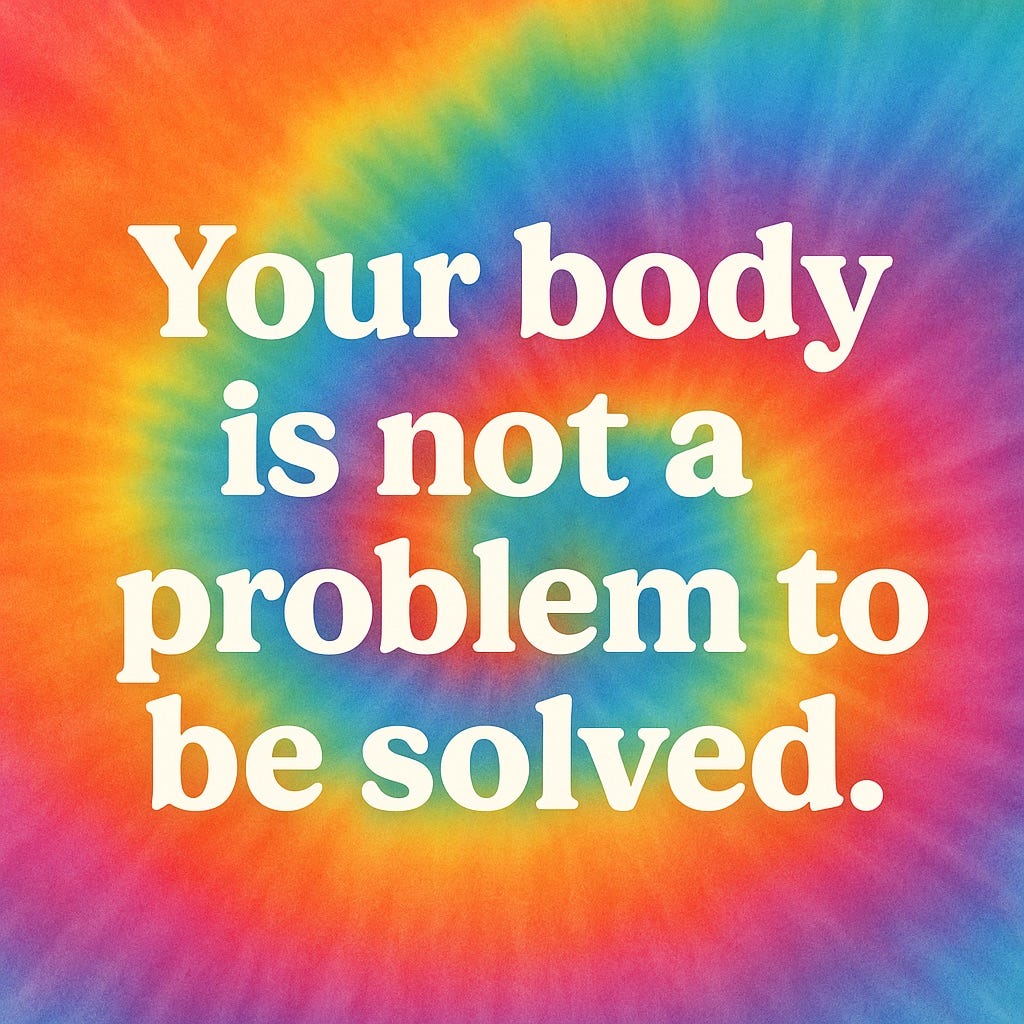
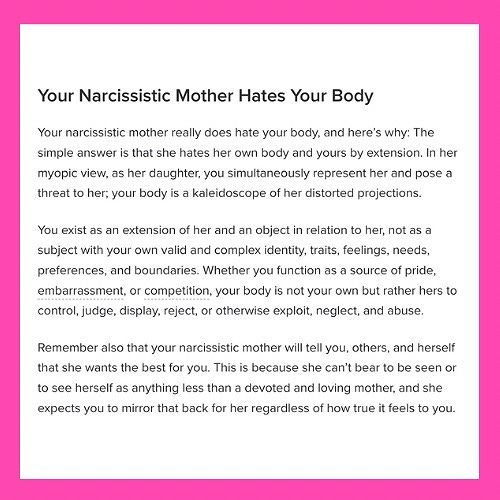

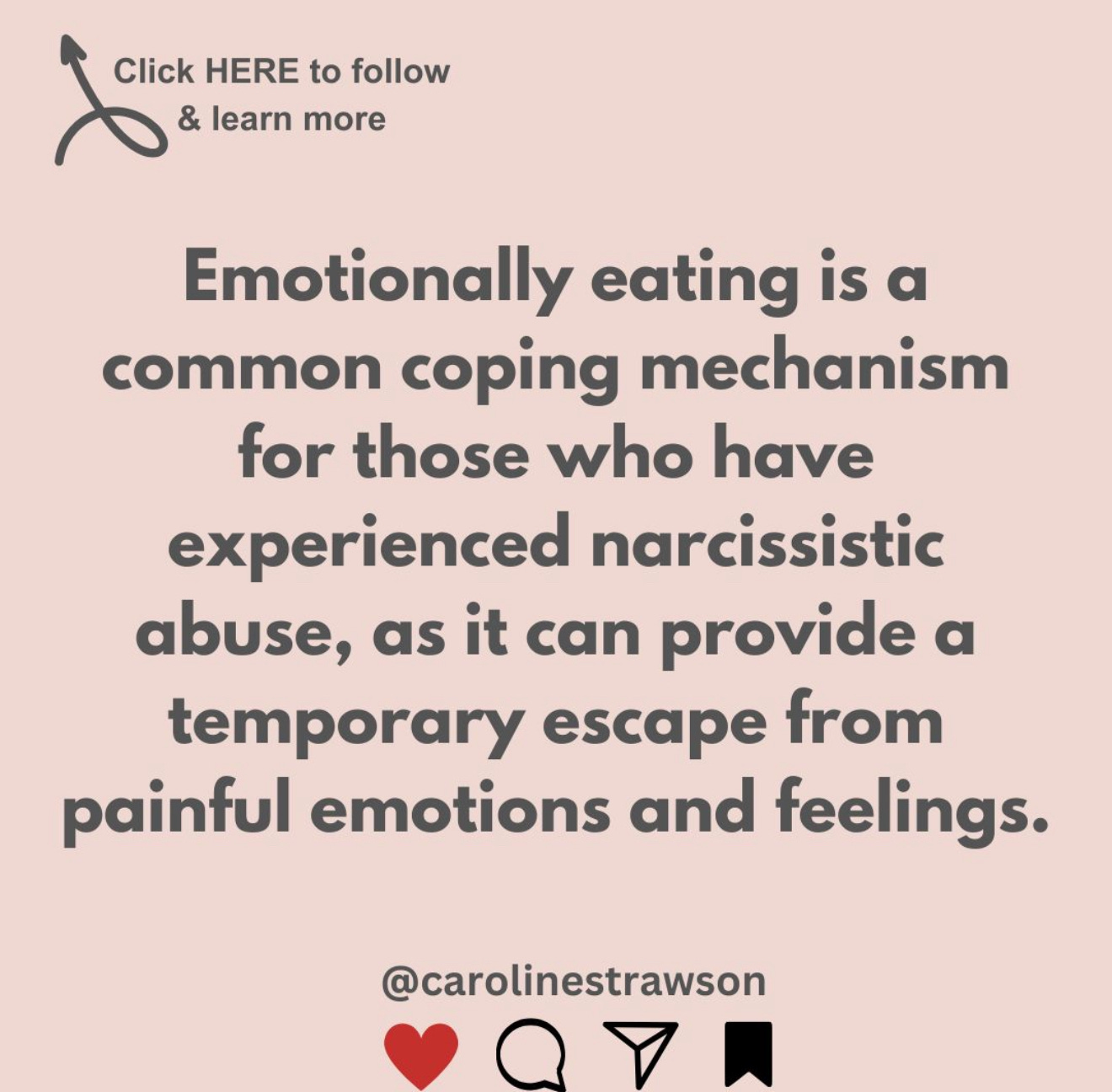
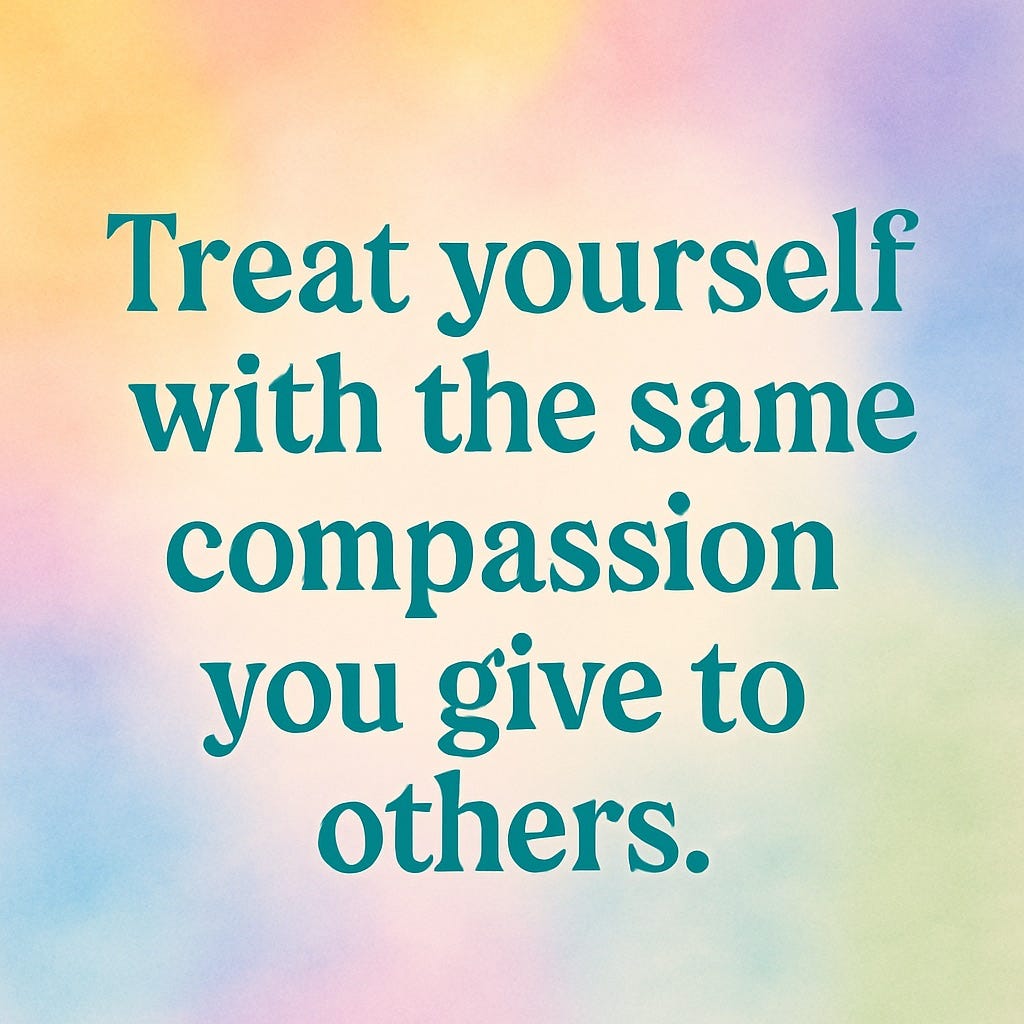
Ohhhhh this one hurt, but thank you for sharing. The idea that even when you were injured she would make you feel bad about your body floors me. I think for all women of our generation weight is a struggle, but fat black bodies have always been treated the worst. I hope you are able to tell yourself the body that got you this far is a. perfect as it is and b. worthy!
Hi Chloe, I just want to give you a big hug! Growing up during the 90's/2000 was not for the weak. Seeing how society treated women in media was awful and I can't believe it was allowed. I always thought my mum didn't like me as I reminded her of what she used to look like when she was younger. I used to get "when I was your age, I was a lot skinnier than you". I could go on but don't want to trauma dump here! A term that I was taught was "body neutrality" - it feels like it's acceptance for what your body is designed for - keeping you alive! It helps a lot, still have a lot of ups and downs but getting there. Thank you for sharing such a wonderful, honest piece of work as always!